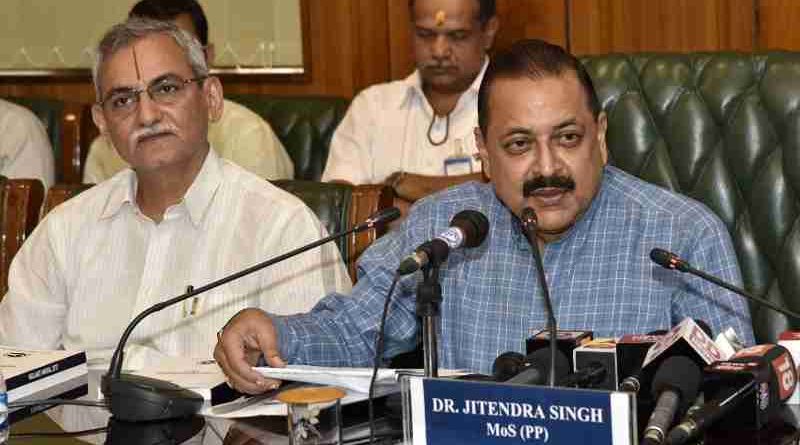Lok Sabha Passes the Right to Information (Amendment) Bill

The Lok Sabha (Parliament) of India passed the Right to Information (Amendment) Bill, 2019 today (July 22). In this amendment, it is proposed to amend the Right to Information (RTI) Act, 2005 so as to provide that the term of office of, and the salaries, allowances and other terms and conditions of service of the Chief Information Commissioner and Information Commissioners and the State Chief Information Commissioner and the State Information Commissioners shall be such as may be prescribed by the Central Government.
Participating in the debate on the Bill, Union Minister of State for Personnel, Public Grievances and Pensions, Jitendra Singh said that this Government is fully committed to transparency and accountability. Following this principle, the Government has encouraged suo motu dissemination of maximum information by Government Departments in order to reduce number of RTIs.
In addition to this, the Minister said that the Government is focusing on grievance redressal through citizen involvement. This has strengthened the underlying principle of RTI and has consistently reduced the pendency of RTI applications in the past 5 years, the Minister informed the House.
Assuring the members that the Government is not misusing its powers to frame rules regarding State Information Commissions, Singh said that according to the original RTI act of 2005, the power of framing rules in respect of Information Commissions does not fall under the purview of either the Union or the State or the Concurrent lists. Hence, framing rules, even for the State Information Commissions, falls under the Residuary powers of the Union Government, the Minister said.
Replying on the issue of comparison of service conditions of Information Commissions and Election Commissions, Singh said that the Central Information Commission and State Information Commissions are statutory bodies established under the provisions of the Right to Information Act, 2005.
Therefore, he added, the mandate of Election Commission of India (ECI) and Central and State Information Commissions are different. Hence, their status and service conditions need to be rationalized accordingly.
Further, the Minister said that there has been no change in the section of the original act dealing with the appointment of Information Commissioners. Thus, the question of reducing autonomy of the Information Commissions does not arise, the Minister added.




